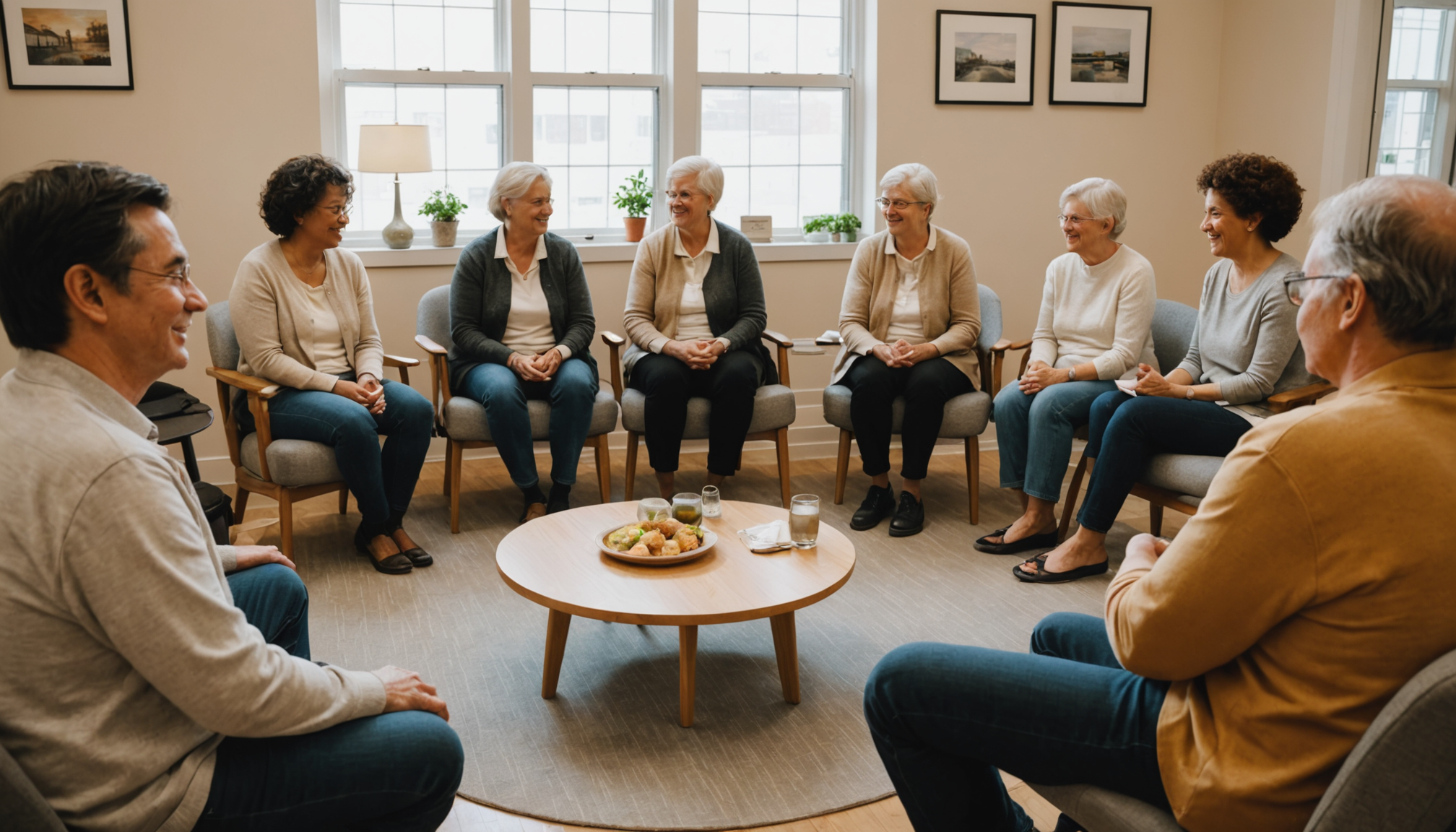Finding Hope and Community: What to Expect from Depression Support Groups in North York
When you’re struggling with depression, it’s easy to feel isolated. But here in North York, you’re not alone. Depression support groups offer a safe, understanding community where you can share your experiences, listen to others, and gather strength for the journey ahead. Whether you’re new to group support or curious about how it can help you or a loved one, here’s what to expect from participating in a local depression support group.
What Are Depression Support Groups?
Depression support groups bring together individuals who are impacted by depression. Guided by trained facilitators—sometimes professionals, sometimes peers—these groups offer a confidential, judgement-free space to discuss the ups and downs of living with depression. In a supportive group, you might:
- Share personal stories and coping strategies
- Receive encouragement from others who truly understand
- Learn new skills for managing symptoms
- Break the isolation that depression often creates
This sense of connection and mutual understanding is a powerful part of the healing process.
How Support Groups Operate in North York
In North York, depression support groups can be found at clinics, community centers, and even online. Some are ongoing and open-ended, while others run for a set number of sessions. Typical features include:
- Regular, confidential meetings—weekly or biweekly is most common
- Diversity and inclusion—groups welcome adults from all walks of life
- Professional facilitation—many are led by counsellors or therapists with specific training
Before joining, you may have a brief intake call or form to ensure the group is a good fit for your needs and that you’ll benefit in a safe, respectful environment. Want to know more? Read about our North York depression therapy options.
Benefits of Group Support for Depression
Research shows that support groups help reduce feelings of isolation, boost self-esteem, and encourage healthier coping habits. By listening to others with similar challenges, you may gain new insights and find comfort in knowing you are not alone in your struggles. Being part of a group also encourages accountability, helps build resilience, and fosters hope for recovery.
The Canadian Mental Health Association confirms that peer support can be a critical part of a broader mental health care plan (source).
Frequently Asked Questions
- Do I have to speak during the meetings?
You are welcome to join and simply listen until you feel comfortable. Sharing is always encouraged but never required. - Are the groups confidential?
Yes, confidentiality is a core rule to ensure everyone’s privacy and safety. - Can I join a group while I’m in one-on-one therapy?
Absolutely—many people find that group support and individual counselling complement each other.
Take the First Step—We’re Here to Help
If you’re ready to explore depression support groups in North York, Dynamic Health Clinic can guide you. Contact us today to learn about available groups, or book a confidential assessment. Our clinicians are here to help you find the support and community you need—because no one should face depression alone.






